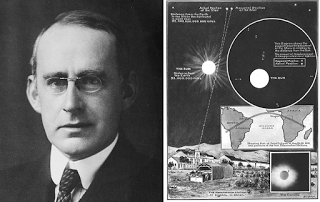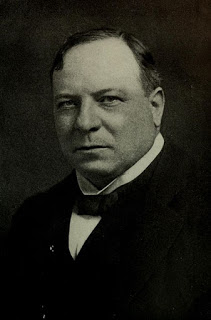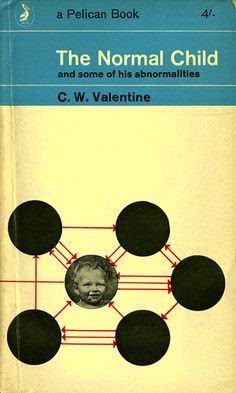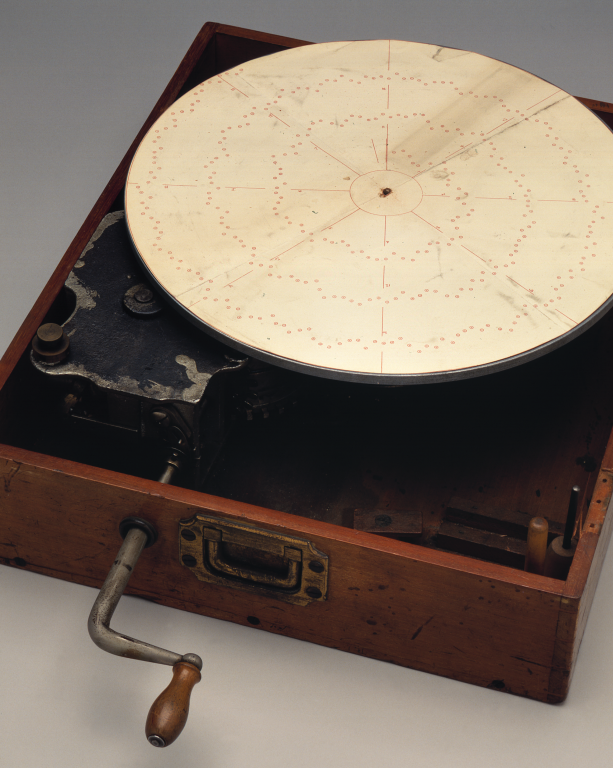I considered interviewing quizmaster and TV presenter Bamber Gascoigne, who has died aged 87, sometime in 2000 when I was contributing features for Book and Magazine Collector.I had read somewhere that he was very interested in colour prints and had written a book about identifying prints of all kinds.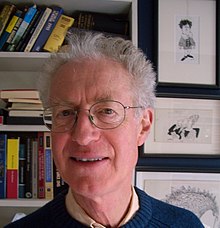
I approached him and he was happy to meet me, so we arranged a date. Unfortunately, it had decided to rain heavily that day, so when I knocked on the front door of his beautiful Georgian terraced house on the Thames at Richmond I was soaked to the skin. I seem to recall that I actually asked for a towel to dry my hair and not only did he oblige, but he also thrust a bottle of beer into my hand, which was equally welcome in the circumstances. For a keen quizzer like myself, meeting the former presenter of ‘University Challenge’, could possibly have become the sort of ordeal that appearing on ‘Brain of Britain’ and ‘Mastermind’ had been a few years earlier ( I had failed to get on ‘University Challenge’ while at University). Continue reading

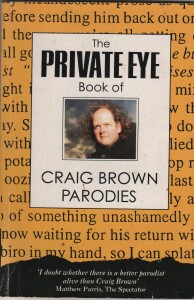 Around 2002 I was interviewing celebs on their book collection for Book and Magazine Collector while also researching the life of acclaimed poet and critic Geoffrey Grigson. One day I read an interview with the famous parodist Craig Brown, whose brilliant contributions to Private Eye had always had me in stitches. Judging from the interview, Brown’s library was dominated by biographies and especially memoirs of living figures in all fields, but with an emphasis on show biz. Interviewing him, I felt, would be a change from talking to rather dour politicians and academics on their first editions. And so it turned out.
Around 2002 I was interviewing celebs on their book collection for Book and Magazine Collector while also researching the life of acclaimed poet and critic Geoffrey Grigson. One day I read an interview with the famous parodist Craig Brown, whose brilliant contributions to Private Eye had always had me in stitches. Judging from the interview, Brown’s library was dominated by biographies and especially memoirs of living figures in all fields, but with an emphasis on show biz. Interviewing him, I felt, would be a change from talking to rather dour politicians and academics on their first editions. And so it turned out.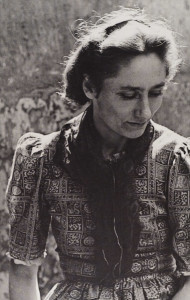
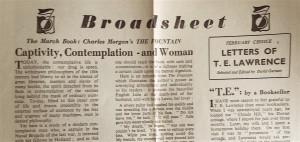 Found among the books in the working library of the actor Peter O’Toole (1932 – 2013) his copy of Letters of T.E. Lawrence (Readers Union, 1941.) O’Toole had surprisingly few books on or by Lawrence considering that this was probably his greatest role and the film that made him an international star. In the Reader’s Union edition was loosely inserted a one page wartime broadsheet keeping members of the book club informed about new publications. It was from an address at Wray Common, Reigate. This broadsheet / flier was dated February 1941and has a good piece (“T.E.”) on Lawrence by his friend and bookseller K.W. Marshall.
Found among the books in the working library of the actor Peter O’Toole (1932 – 2013) his copy of Letters of T.E. Lawrence (Readers Union, 1941.) O’Toole had surprisingly few books on or by Lawrence considering that this was probably his greatest role and the film that made him an international star. In the Reader’s Union edition was loosely inserted a one page wartime broadsheet keeping members of the book club informed about new publications. It was from an address at Wray Common, Reigate. This broadsheet / flier was dated February 1941and has a good piece (“T.E.”) on Lawrence by his friend and bookseller K.W. Marshall.


